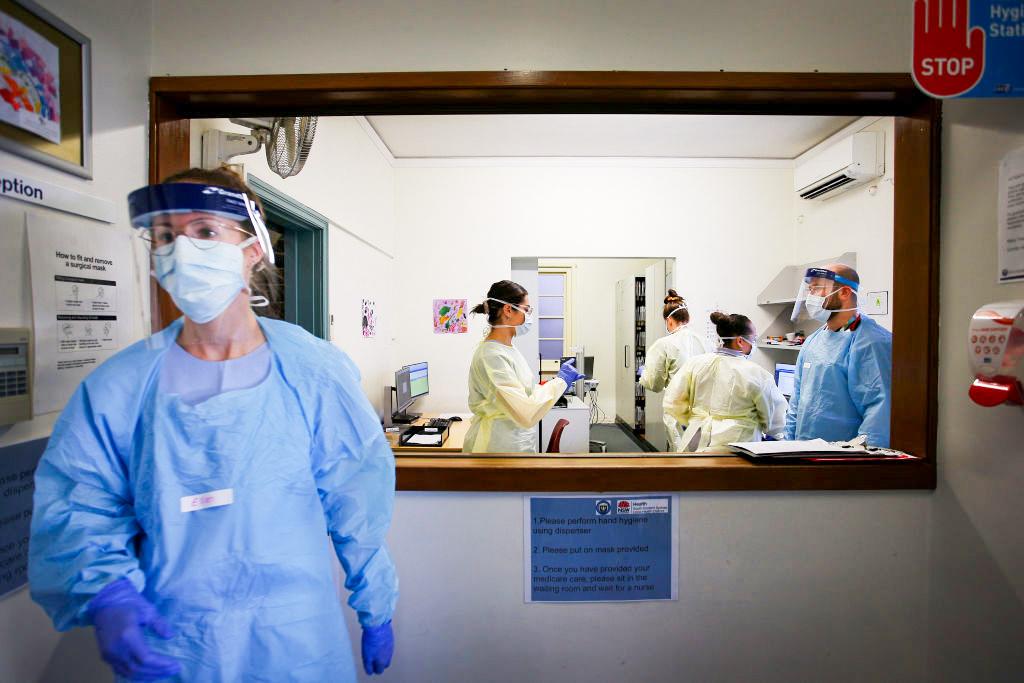South Australian researchers have found a new genetic mutation responsible for causing stillbirths and severe chronic disease in affected children, bringing new insight into lymphatic disease.
“We found a genetic event that causes a rare lymphatic vessel disease,” Professor Natasha Harvey, a co-author for the study, said.





